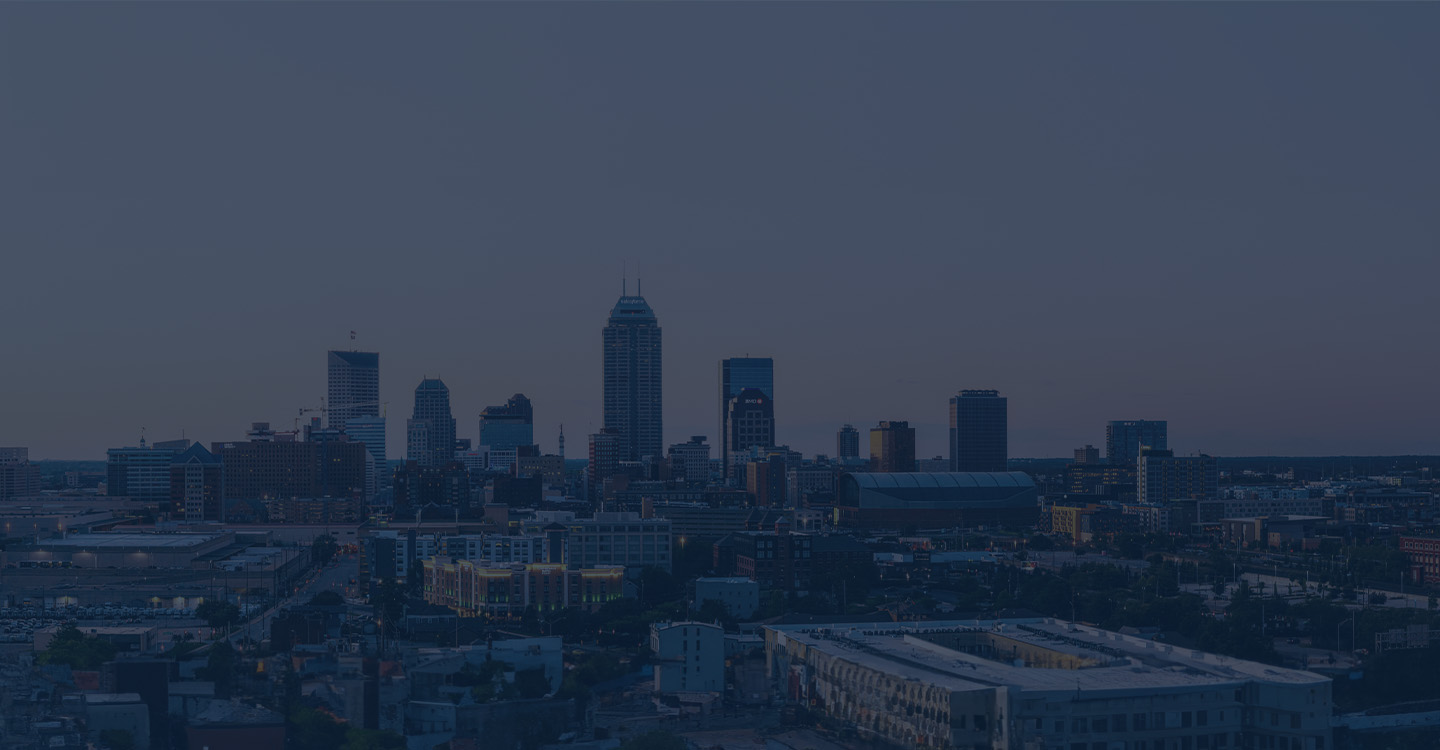Rob King & Associates, Trail Lawyers | October 13, 2025 | Car Accidents

Self-driving cars, like Teslas with Autopilot or Full Self-Driving (FSD) features, are becoming more common on the roads. These cars use cameras, sensors, and advanced software to help drivers stay in their lanes, avoid accidents, and even drive themselves in some situations.
However, when a car accident involves a semi-autonomous vehicle, determining liability can be complex. Questions often arise about who is legally responsible. In this article, we’ll break down what happens after a self-driving Tesla crash and who may be at fault under Indiana law.
Understanding Tesla’s Self-Driving Technology
Tesla vehicles are not fully self-driving, even though some features may seem like they are. Tesla offers two main driver-assist features: Autopilot and Full Self-Driving (FSD). Autopilot can help with steering, braking, and lane control.
FSD includes more advanced options like changing lanes automatically, navigating on highways, and stopping at traffic signals. However, Tesla states that the driver must stay alert and keep their hands on the wheel at all times.
These systems are meant to assist the driver—not replace them. So even if a Tesla is on Autopilot, the driver is still expected to be in control and ready to take over at any moment.
Is the Driver Always Responsible?
In most self-driving Tesla accidents, the driver is still considered responsible. That’s because Tesla’s technology is classified as “Level 2 automation,” according to the Society of Automotive Engineers.
This means the system can help drive, but the human driver must stay fully engaged and ready to take control at any time. If a driver relies too much on the car’s technology and doesn’t pay attention, they could be at fault for any accident that happens.
For example, if a Tesla hits another car because the driver wasn’t watching the road while Autopilot was on, the driver can be held liable. In Indiana, drivers have a legal duty to operate their vehicles safely.
Not watching the road or reacting in time—even with Autopilot on—can be considered negligence.
Can Tesla Be Held Responsible?
There are times when Tesla could share responsibility for an accident. If the crash happened because of a defect in the car or its self-driving software, Tesla could be held liable under product liability laws.
For example, if the Autopilot system fails to detect a car in front of it or incorrectly changes lanes, and this leads to an accident, the injured person might have a claim against Tesla. But these types of claims are complex and often require expert investigation to prove that a defect directly caused the crash.
In these cases, a personal injury lawyer may need to examine the vehicle’s data, software, and crash reports to see if Tesla’s technology played a role in the accident.
What if Another Driver Causes the Crash?
Self-driving technology doesn’t protect Tesla drivers from other careless drivers. If another person on the road runs a red light, changes lanes without looking, or drives under the influence, they can still be at fault—even if you were using Autopilot.
In Indiana, fault is determined by looking at each driver’s actions leading up to the crash. The state uses a system called modified comparative fault. This means more than one person can be partly at fault, and their compensation can be reduced based on their share of responsibility.
So, if a Tesla driver was 20% at fault for not reacting quickly enough, but another driver was 80% at fault for reckless driving, the Tesla driver may still be able to recover damages. However, a party that is more than 50% at fault cannot recover compensation at all.
Driving the Future: Know Your Rights
As self-driving cars become more common, figuring out who’s at fault after a crash will continue to be a tricky issue. But one thing is clear—drivers still have a duty to stay alert, follow the law, and drive safely, even with Autopilot on.
If you’ve been involved in a crash with a Tesla or another self-driving vehicle in Indiana, you don’t have to handle it alone. A personal injury lawyer can help you protect your rights, understand your options, and fight for the compensation you deserve.
For more information, please contact Rob King & Associates, Trial Lawyers to schedule a free consultation with a car accident lawyer in Indianapolis, Indiana, today.
We proudly serve Marion County and its surrounding areas.
Rob King & Associates, Trial Lawyers – Indianapolis Office
320 N Meridian St Suite 906
Indianapolis, IN 46204
(317) 916-0000

